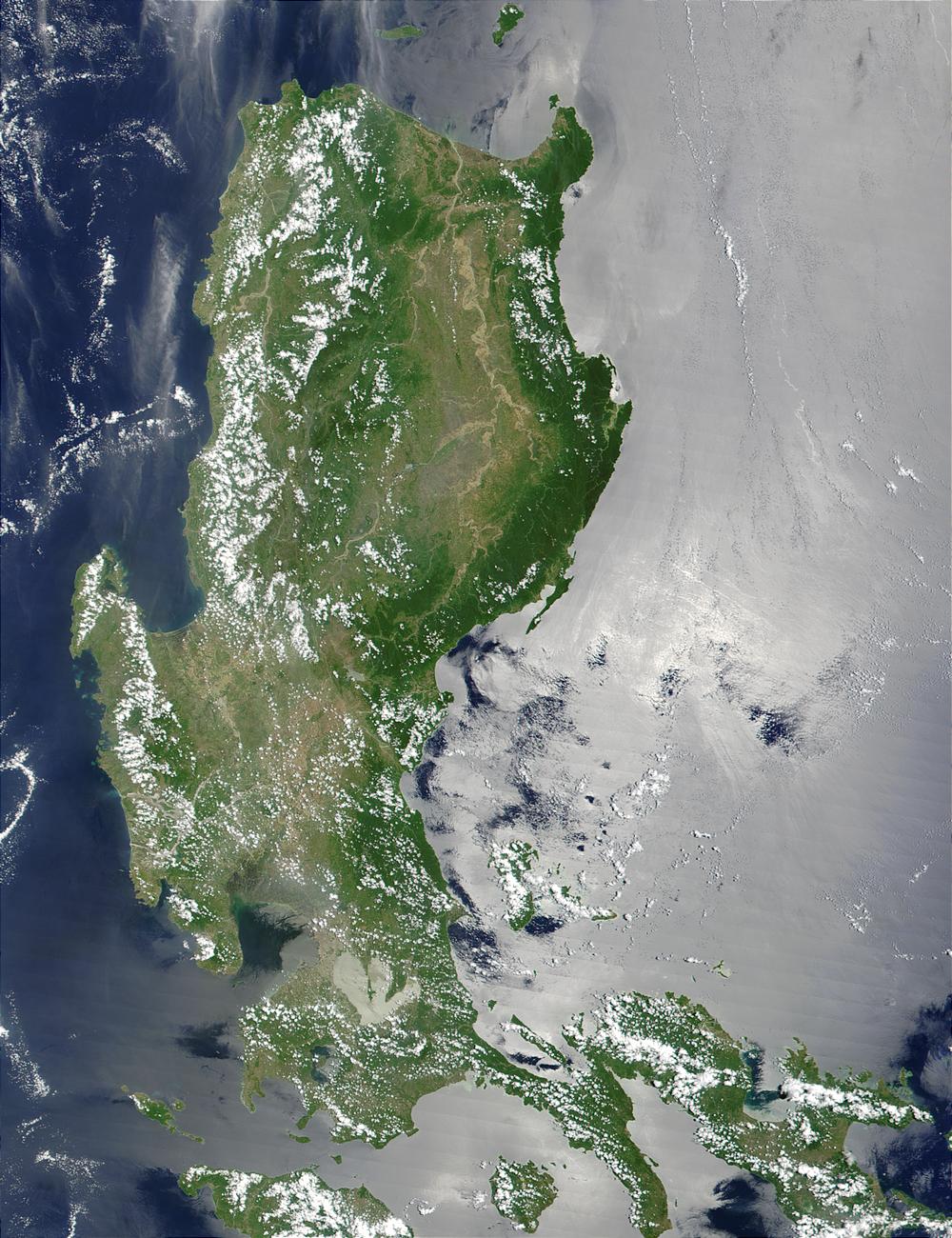Five Chinese nationals were arrested by Philippine law enforcement on espionage charges last month after conducting “illegal intelligence gathering” on Philippine Navy and Coast Guard facilities, ports and ships stationed near the South China Sea, according to local authorities
Following the arrest of a Chinese national on similar charges in Manila, who was found to have detailed maps of government facilities and military bases, the National Bureau of Investigation and the Armed Forces of the Philippines discovered another group of Chinese nationals conducting similar activities in the province of Palawan.
Agents arrested Cai Shaohuang, Cheng Hai Tao, Wi Cheng Ting, Wang Yong Yi and Wu Chin Ren after a series of operations from Jan. 24 to 25. According to the agency, Cai led the operation while Cheng, Wi and Wang were identified members of the ring. All members were affiliated with the Qiaoxing Volunteer Group of the Philippines and the Philippine China Association of Promotion of Peace and Friendship, authorities said.
The National Bureau of Investigation followed the group in Puerto Princesa and Ulugan Bay in Palawan, home to ports from which Manila sorites its patrol ships and aircraft into its western exclusive economic zone. Locals told authorities after they reportedly saw the alleged spies, who were posing as tourists, setting up a camera facing a Philippine Coast Guard base.
“This group is believed to have engaged in aerial reconnaissance via drone operations, collecting data from the Philippines’ naval assets, among others,” stated an agency press release.
Among the items found on the Chinese nationals were images of Philippine Navy small boats and the patrol ship BRP Ramon Alcaraz (PS-16), a former U.S. Coast Guard Hamilton-class cutter transferred to the service in 2012. Philippine Coast Guard flagship BRP Teresa Magbanua (MRRV-9701) and the large offshore patrol vessel BRP Gabriela Silang (OPV-8301) were also photographed at their piers in the agency’s headquarters in the Port of Manila.

Authorities said the group scouted Naval Operating Base Subic, Naval Detachment Oyster Bay and Subic Bay International Airport, which have all been utilized for operations into the South China Sea or for military exercises with allies like the U.S. and Australia.
The group has been charged with violating Commonwealth Act No. 616 Sections 1(a) and 2(b), as well as the Cybercrime Prevention Act of 2012. While Cai and his group have been charged with espionage, Gen. Romeo Brawner, Chief of Staff of the Armed Forces of the Philippines, told the Philippine News Agency that it is unclear if their activities are state-sponsored. “We cannot conclude that. What we are focusing on is on the act itself, the spying, or what we call ISR, intelligence, surveillance, and reconnaissance operations so that is our focus,” he said.
Philippine President Ferdinand R. Marcos Jr. voiced his concern about the alleged spy activities, telling reporters that he was disturbed by the reports.
Earlier last month, the Philippine military found an underwater unmanned vehicle of Chinese origin in the South China Sea. While the Philippine Navy further revealed that they recovered five drones across the country within 2024 alone, they did not specify the user to the media.
Washington and Manila pledged to deepen their intelligence-sharing efforts last summer after inking the General Security of Military Information Agreement, which permits the two long-standing allies to transfer sensitive data.

